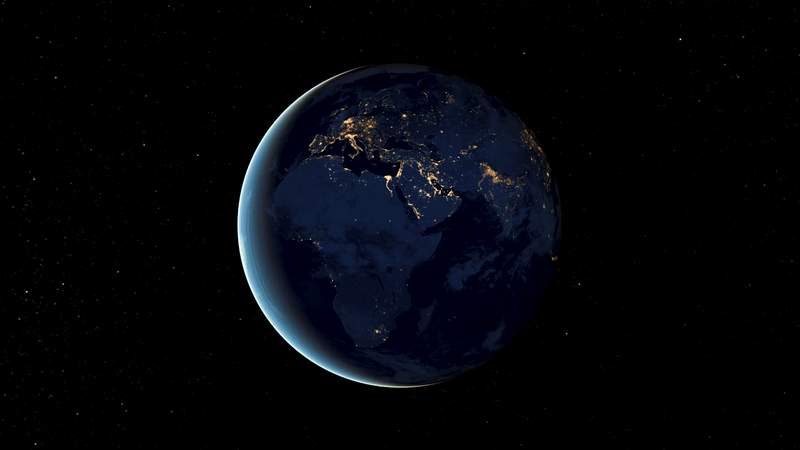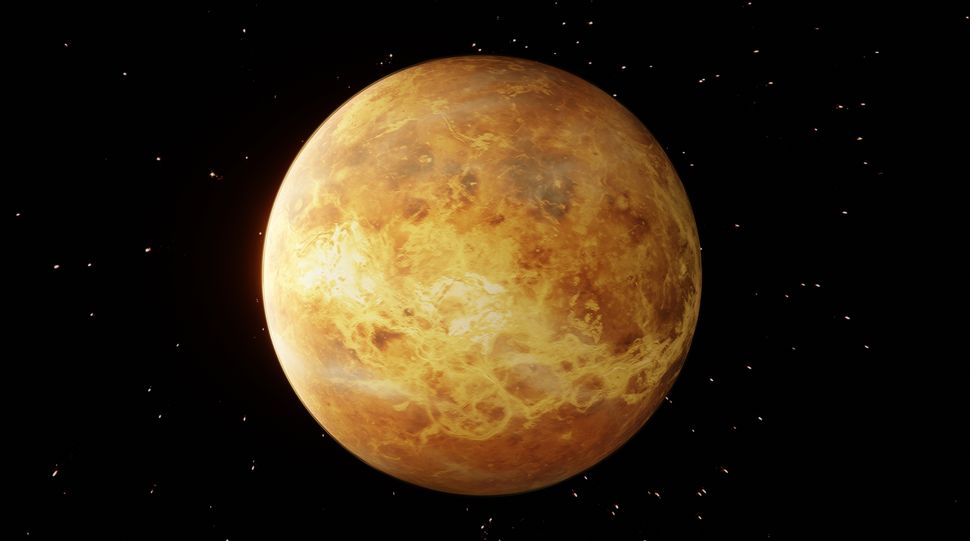
What would happen if Earth stopped spinning? (Image Credit: Space.com)
Even though Earth is always spinning, we can’t feel it, and you probably take it for granted. But what would happen if it stopped?
If Earth suddenly stopped spinning, it would be catastrophic. Almost everyone and everything not attached to the planet would continue to move at the current speed of Earth’s rotation, around 1,000 mph (1,600 km/h) at its fastest, which is along the equator.
Related: 10 dramatic discoveries about Earth from 20
“The momentum of all the material that’s normally rotating — the water, the air, all the buildings and things like that — would cause them to keep going,” said Andrew Layden, a professor of physics and astronomy at Bowling Green State University in Ohio. “So they [would] split off the surface and just keep going around and around, basically, in a low orbit around the Earth.”
The only parts of our planet that would likely be less affected would be at or near the poles, which rotate little or not at all. Still, the extreme force would likely trigger tsunamis and earthquakes, so things would be pretty bad for the entire Earth.
Related: Earth is whipping around quicker than it has in a half-century
If Earth were to slow down and stop more gradually, life would still change drastically. For instance, the length of our days and nights would become longer until each lasted six months. It would also change our weather, Layden said, since air and ocean currents are strongly influenced by Earth’s rotation.
It’s possible that a lack of rotation would affect how well life could survive on Earth, said Layden. Our planet generates a magnetic field, which protects us from harmful radiation from space. Scientists think the Earth’s magnetic field is linked to flowing liquid metal in our planet’s outer core, which generates electrical currents and a resulting magnetic field due to Earth’s rotation. Some researchers think that the loss of Mars’s magnetic field in the distant past contributed to the planet becoming uninhabitable, said Layden.
The good news is that it is very unlikely that Earth will ever stop rotating, scientists say. Every planet we know of rotates, and even stars rotate slowly. Stars form from huge, circling masses of gas and dust that condense together gradually. Because the solar system formed out of a huge disk of debris around the burgeoning sun, the material that formed the solar system was also circling. This is why most planets in the solar system rotate in the same direction.
Planets also spin because objects hit them, often during the planets’ formation. Much like billiard balls, unless the objects hit each other head-on, one or both will start spinning.
Getting hit is also one of the only ways a planet might actually stop rotating suddenly, said Layden, or at least have its rotation dramatically slowed. If a very large, planet-size object slammed into our planet — as was the case in the collision that formed Earth’s moon, the massive impact might counteract Earth’s spin or even cause the planet to spin the opposite way. This might have happened to at least one planet in our solar system.
“Venus rotates very slowly — in fact, very slowly backward compared to Earth and [all of] the other inner, terrestrial planets,” Layden said, possibly as a result of such a collision.

Uranus also rotates in the opposite direction as Earth does, and on its side. Scientists think both Uranus’ and Venus’ original rotations might have been “stopped” by one large impact, several smaller impacts, or a disruption in their rotations by a large gravitational force. In Venus’ case, that might have been the sun’s gravitational force on its thick atmosphere; for Uranus, it might have been a large moon that was eventually ejected from its orbit.
Luckily, our planet’s rotation isn’t in danger of being disrupted by a huge gravitational force, and if Earth were colliding with a planet-size object, we’d have bigger things to worry about. Still, Layden said, this scenario is vanishingly unlikely in our modern solar system, where planets’ orbits are pretty regular and unlikely to cross paths with massive objects.





